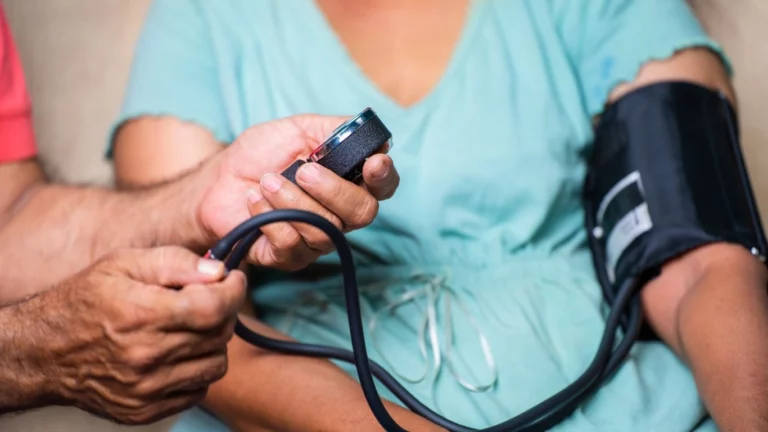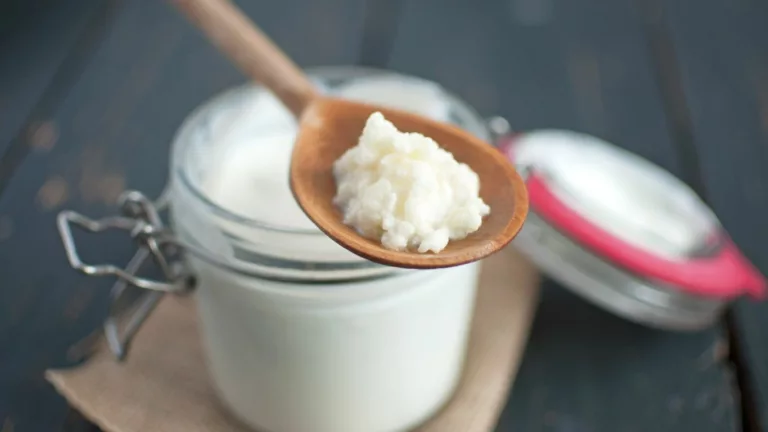GERD-Friendly Lifestyle Adjustments Guide – How to Live Comfortably with GERD
Dealing with GERD (Gastroesophageal Reflux Disease) can feel like an endless battle, but small lifestyle changes can make a world of difference. Let’s walk through some effective ways to live comfortably with GERD, so you can enjoy life without constant heartburn.
If you’ve been living with GERD for a while, you’re probably familiar with the discomfort that comes with it: heartburn, regurgitation, chest pain, and that constant feeling of a lump in your throat. GERD can be a real drag, but here’s the good news: by making a few simple lifestyle changes, you can manage your symptoms and even prevent them from getting worse.
What Is GERD and Why Does It Happen?
First things first—what exactly is GERD? GERD stands for Gastroesophageal Reflux Disease, and it’s when stomach acid frequently flows back into your esophagus. This acid reflux can cause all sorts of annoying symptoms, from burning sensations to a sour taste in your mouth. Over time, if left unchecked, GERD can lead to serious health issues, like esophageal damage or scarring. So, why does it happen? It all comes down to a malfunctioning valve (the lower esophageal sphincter, or LES), which usually keeps stomach contents where they belong. When this valve relaxes at the wrong time, stomach acid can leak upward. But here’s the good news: GERD doesn’t have to control your life. By making a few adjustments to your daily routine, you can seriously cut back on those uncomfortable symptoms.
GERD-Friendly Diet Adjustments
The foods you eat (or don’t eat) can have a huge impact on how you feel if you have GERD. Certain foods are known to trigger reflux, while others can help keep things calm. So, let’s start with some diet tips to keep GERD in check.
1. Avoid Trigger Foods
The first step in managing GERD is identifying and avoiding trigger foods. These are usually foods that relax the LES, making it easier for stomach acid to rise up. Some common offenders include:
- Spicy foods: Think chili peppers or any dish with a bit of a kick.
- Citrus fruits: Oranges, lemons, and grapefruits are acidic and can irritate the esophagus.
- Tomato-based dishes: Foods like pizza, pasta with marinara, or ketchup.
- Fried foods: These are super fatty and can slow down digestion, increasing the risk of reflux.
- Chocolate and mint: As delicious as they are, these can actually trigger reflux.
2. Focus on GERD-Friendly Foods
On the flip side, some foods are actually beneficial for those with GERD! Here are some GERD-friendly choices to incorporate into your diet:
- Oatmeal: It’s a great breakfast option that’s easy on the stomach.
- Bananas and melons: These fruits are low in acid and gentle on the digestive system.
- Lean meats and fish: Chicken, turkey, and fish like salmon are excellent choices for protein without the fat.
- Green vegetables: Broccoli, spinach, and kale are rich in nutrients and won’t cause reflux.
3. Smaller Meals, More Often
Instead of eating big meals, try having smaller, more frequent meals throughout the day. This helps prevent the stomach from becoming too full and reduces the likelihood of acid reflux.
Lifestyle Adjustments for GERD
What you do outside of meal times can also play a big role in managing GERD. From stress management to how you sleep, let’s go over a few lifestyle tweaks that can make a huge difference.
1. Don’t Lie Down Immediately After Eating
One of the worst things you can do is lie down right after a meal. This can trigger reflux since gravity is no longer helping to keep stomach acid in place. Aim to wait at least 2-3 hours after eating before lying down or going to bed. If you’re really struggling with reflux at night, try elevating the head of your bed (about 6-8 inches). This can help prevent acid from creeping up while you sleep.
2. Manage Your Stress
Stress is one of those sneaky things that can make GERD worse. When you’re stressed, your body produces more acid, which can lead to a flare-up. So, try to incorporate some stress-relief practices into your routine. Whether it’s yoga, meditation, a long walk, or simply breathing exercises, finding a stress-management technique that works for you is key.
The Importance of Sleep Habits
Believe it or not, how you sleep can have a direct impact on GERD. Here’s what you need to know:
1. Sleep on Your Left Side
Studies suggest that sleeping on your left side can help reduce the chances of acid reflux. The reason for this is that the stomach is positioned below the esophagus when you sleep on your left side, making it harder for stomach acid to escape.
2. Avoid Eating Right Before Bed
Eating late at night can worsen GERD symptoms, especially if you’re lying down soon after. Try to have your last meal of the day at least 3 hours before bedtime.
Conclusion: Live Your Best Life with GERD
Living with GERD doesn’t mean you have to miss out on the good stuff! By making a few lifestyle changes, you can significantly reduce your symptoms and enjoy your day-to-day life without constantly battling acid reflux. From eating smaller meals to managing stress and tweaking your sleep habits, there’s plenty you can do to live comfortably with GERD. It’s all about finding what works for you and sticking with it.
Appendices
Frequently Asked Questions
- What are the most common GERD triggers? Spicy foods, citrus, chocolate, and fried foods are among the most common triggers for GERD.
- Can I drink coffee with GERD? Coffee can be a trigger for some people with GERD due to its acidity and caffeine content. Consider cutting back or opting for decaf.
- Is exercise safe for GERD sufferers? Yes, but avoid intense exercises right after meals. Stick to lighter activities like walking or yoga.
- Can GERD cause weight loss? GERD can sometimes cause unintentional weight loss due to difficulty eating or swallowing. Consult a healthcare professional if you’re experiencing this.
- How long does it take to see improvement with GERD-friendly lifestyle changes? Many people start noticing improvements within a few weeks, but results may vary depending on the individual.
References
- National Institute of Diabetes and Digestive and Kidney Diseases. (2024). Gastroesophageal Reflux Disease (GERD). Read more here
- American College of Gastroenterology. (2023). GERD: Diagnosis and Treatment. Read more here
- Smith, A., & Johnson, L. (2022). Managing GERD Through Lifestyle Adjustments. Journal of Gastrointestinal Health, 45(4), 210-220. Read more here
Disclaimer:
This article is for educational purposes only and does not substitute for professional medical advice. Always consult with a healthcare

Camellia Wulansari is a dedicated Medical Assistant at a local clinic and a passionate health writer at Healthusias.com. With years of hands-on experience in patient care and a deep interest in preventive medicine, she bridges the gap between clinical knowledge and accessible health information. Camellia specializes in writing about digestive health, chronic conditions like GERD and hypertension, respiratory issues, and autoimmune diseases, aiming to empower readers with practical, easy-to-understand insights. When she’s not assisting patients or writing, you’ll find her enjoying quiet mornings with coffee and a medical journal in hand—or jamming to her favorite metal band, Lamb of God.







